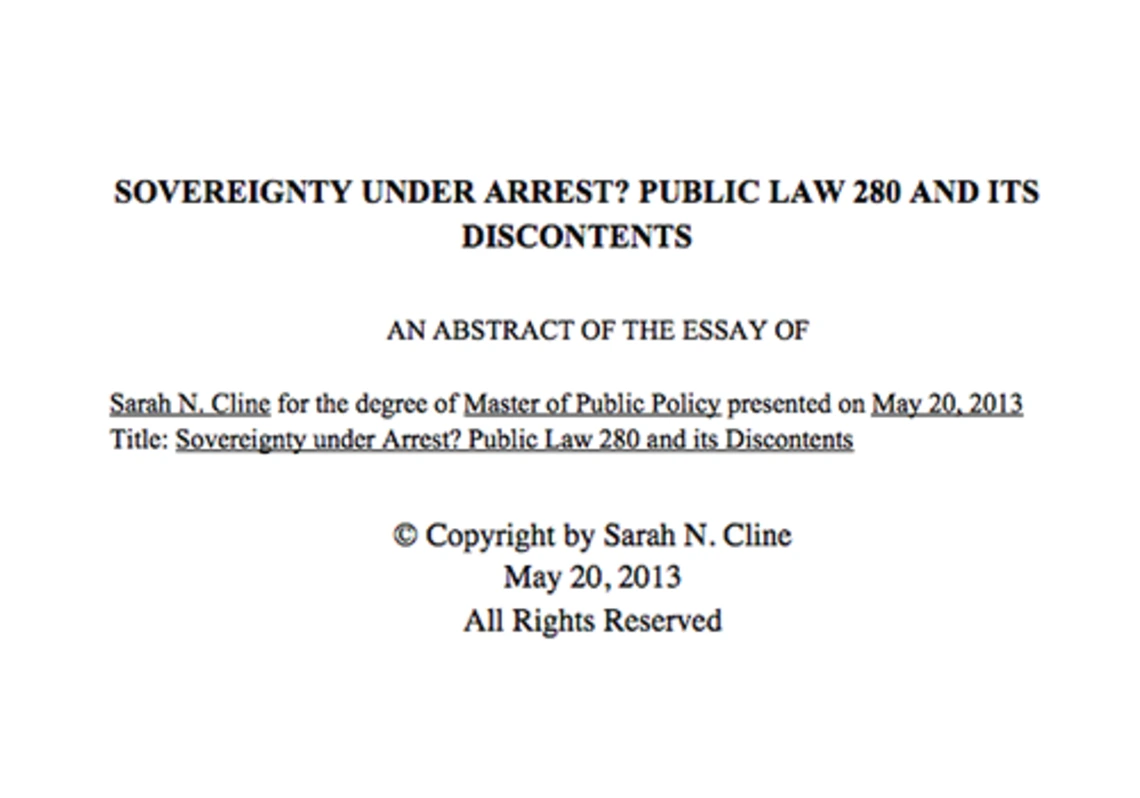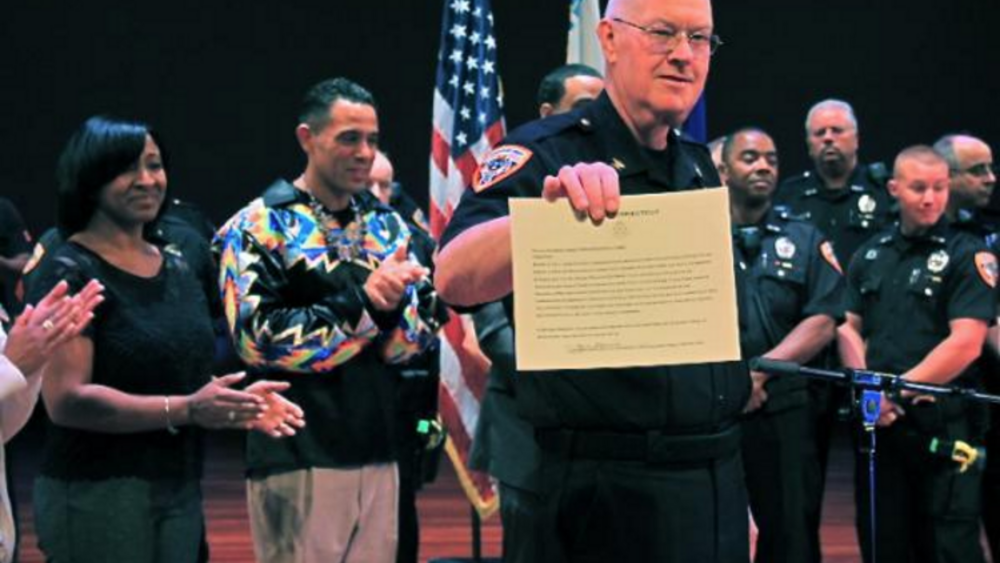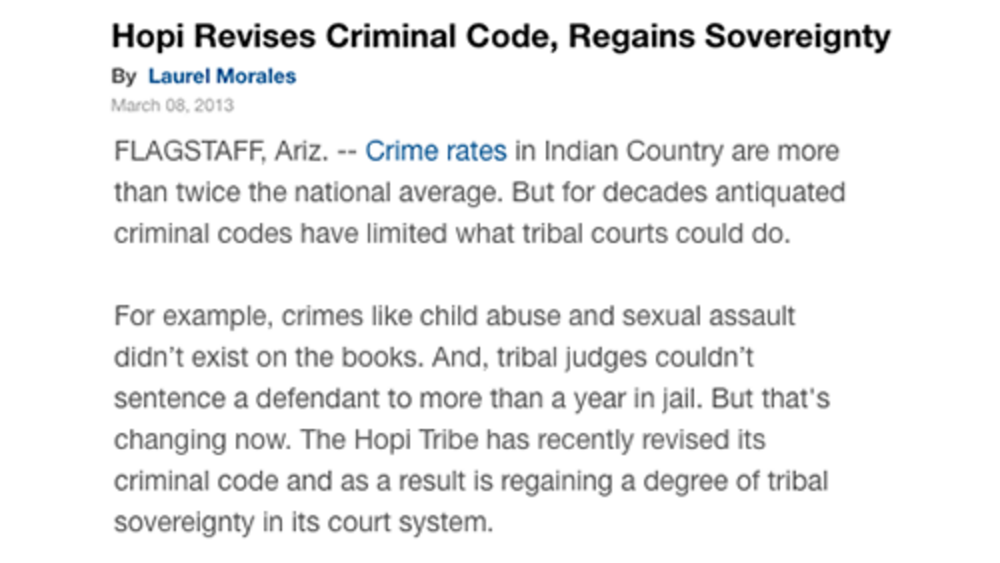Law enforcement in Indian Country has been characterized as a maze of injustice, one in which offenders too easily escape and victims are too easily lost (Amnesty International, 2007). Tribal, state, and federal governments have recently sought to amend this through the passage of the Tribal Law and Order Act (TLOA) in 2010 and the expansion of cross-deputization agreements. Positioning itself amid these developments, this study seeks to determine the administrative impact of Public Law 280 (P.L. 280), which creates a concurrent jurisdictional regime between states and tribes. Taking a mixed-methodological approach, the law's effect on the sovereignty and resource capacity of tribal justice systems is first analyzed using existing data for 162 American Indian reservations. Through a series of logistic regressions, hypotheses are tested to determine whether a statistically significant difference emerges between policy treatments under P.L. 280. This quantitative analysis is then grounded in a case study of the Confederated Tribes of the Umatilla Indian Reservation, who are unique for their 1981 retrocession of criminal jurisdiction in the mandatory P.L. 280 state of Oregon. Both content analysis of archival records and semi-structured interviews with tribal, state, and federal public officials shed light on experiences of the criminal justice system before, during, and after P.L. 280. This research contributes to the overarching objectives of TLOA, which seek to locate best practices and administrative models in reducing crime and victimization on reservations...
Additional Information
Cline, Sarah N. "Sovereignty Under Arrest? Public Law 280 and Its Discontents." Master's thesis (Master of Public Policy). Oregon State University. May 20, 2013. Paper. (https://ir.library.oregonstate.edu/downloads/5999n518q, accessed November 30, 2023)



